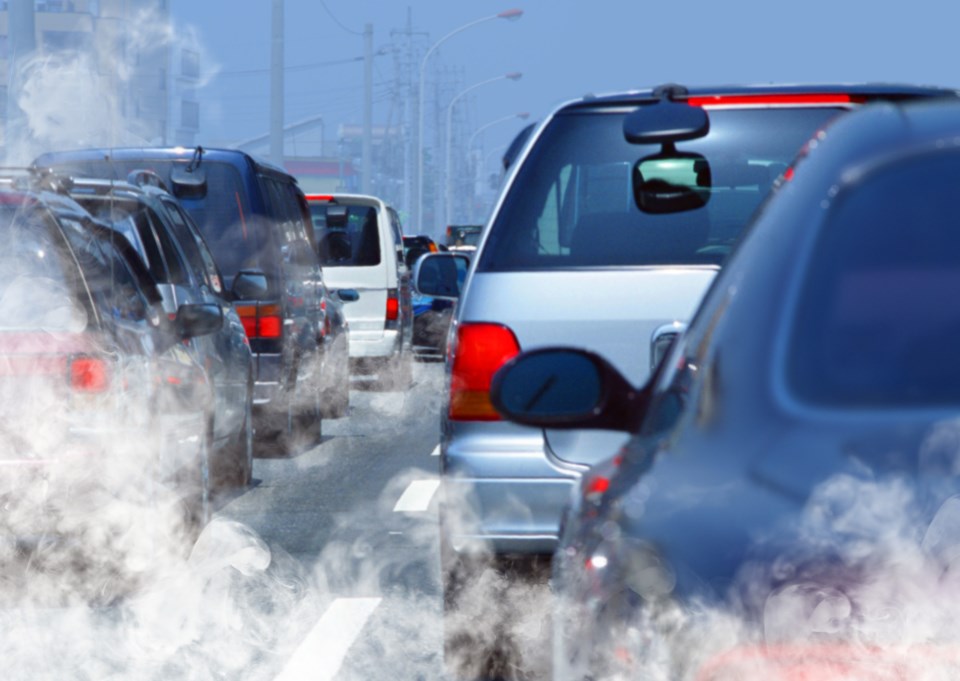BarrieToday welcomes letters to the editor at [email protected]. Please include your daytime phone number and address (for verification of authorship, not publication).
*************************
I want everyone older than 45 to think back to their childhood winters.
I arrived in Barrie 31 years ago when Kempenfelt Bay froze over in mid-December. By Christmas my wife and I would clear a small rink near Johnson’s Beach where our children could skate.
Today, our bay doesn’t freeze over until mid-January.
Last winter, Barrie experienced five winter thaws, leaving little snow pack. As a result Barrie avoided the spring flooding, which affected other areas. Heavy spring rains plus rapidly melting snow flooded low-lying areas of Ottawa and Montreal and overwhelmed many sewage treatment plants.
Just one year you say, but Lake Ontario reached a record high level in 2017, and has been above that level much of last summer.
As a child in Montreal, I dug a snow cave in my father’s front yard. With a candle inside, I became 'Nanook of the North'. Today, snow continues to fall in Montreal, but no longer accumulates. My childhood winter wonderland has become ugly brown slush.
There are economic consequences. The shortened season affects the rental of ice-fishing huts at Minet’s Point. Local ski hills had to install and operate snow-making equipment to “survive” the increased number and duration of our winter thaws.
The Canadian Arctic, has warmed more rapidly than the rest of Canada with more serious effects. Melting permafrost damaged and even collapsed some buildings. (Russia’s many Arctic settlements suffered even more.)
Melting sea ice exposed Arctic shores to wave erosion for the first time, forcing settlements inland. For decades, the Inuit warned us the Arctic was warming. This changed their world, making a traditional lifestyle difficult.
With the sea ice far from shore, hunting became hazardous, and many Inuit lost their lives falling into icy water from unstable ice. Hunting and fishing have been the mainstay of Inuit culture in that icy environment for at least 5,000 years. (The Right to be Cold by Sheila Watt-Cloutier, Penguin, 2015.)
Here in the 'south', our boreal forest is falling victim to insect pests. Pest species which were killed by long, cold winters, now survive. Thus increases summer populations and causes more damage our northern forests the following summer. Southern, pest-resistant tree species will move north, but very slowly.
Warming, this is not the only climatic change. Parts of our world are drying, while others areas are experiencing flooding. Storms both more severe and more frequent. The drying western provinces are experiencing larger, more frequent forest fires.
The Fort McMurray fire charred 590,000 hectares of forest costing $3.5 billion; the largest insured loss in Canadian history. Over the last decade, Alberta saw twice the usual number of forest fires while Saskatchewan had three times more.
There is no consensus on what might be in store for Canadian agriculture. The American prairies are expected to become drier, reducing productivity. The Canadian prairies may see little change in rainfall, but warmer temperatures may increase evaporation.
We are staging a giant experiment; our children and grandchildren will analyse the results... Florida is highly vulnerable to rising sea levels. Miami Beach has been raising the height of their main roads forming a system of dykes. Parts of New York and Washington are also vulnerable.
London (U.K.) and Venice built vast sea gates to keep storm surges out of these cities. Holland has been doing this for well over a century. Of course, wealthy countries can afford costly sea defenses.
Meanwhile, Pacific island nations are already vanishing beneath rising seas as the climate warms. The Bangladesh coastal lowlands are flood prone and highly vulnerable to climate change, as are other Asian countries.
The water level in Lake Gatun, which supplies the Panama Canal with water to operate, has been dropping due to six straight years of reduced rainfall caused by climate change.
This year, canal shipping has had to load less cargo to avoid scraping the lake bottom.
Closer to home, doctors warn us that diseases once confined to warm climates are coming north! West Nile fever appeared in Canada in 1999 and Lyme disease has followed; their northward spread helped by warmer temperatures. Zika virus is poised to come, too.
High summer temperatures kill people directly. In July of this year, a heart wave hit Europe. France reported 868 people had died due to the heat.
Climate change is real, and human activity has been driving up global temperature for two centuries. Climate change has cost us in hundreds of ways, including lives. The time for denial is past.
We now need a plan to cope with the effects of climate change and we need to reverse the continuing increase in our production of greenhouse gases.
But the first step is to acknowledge we have a problem. Our continued survival depends on it!
Peter Bursztyn
Barrie
*************************



